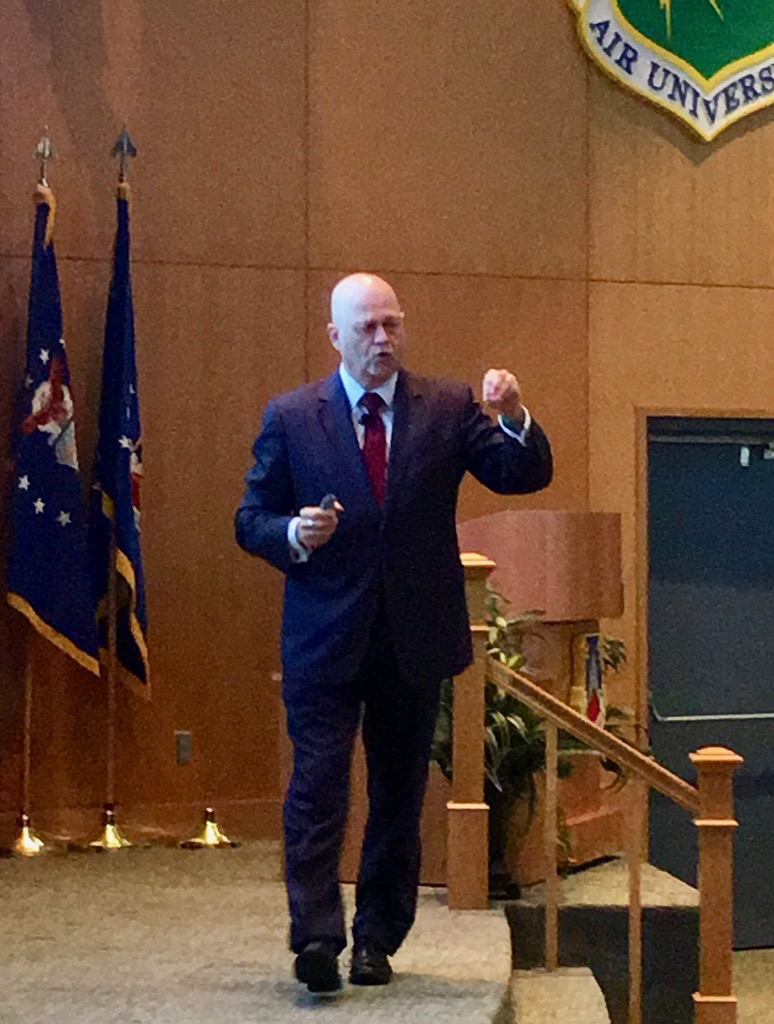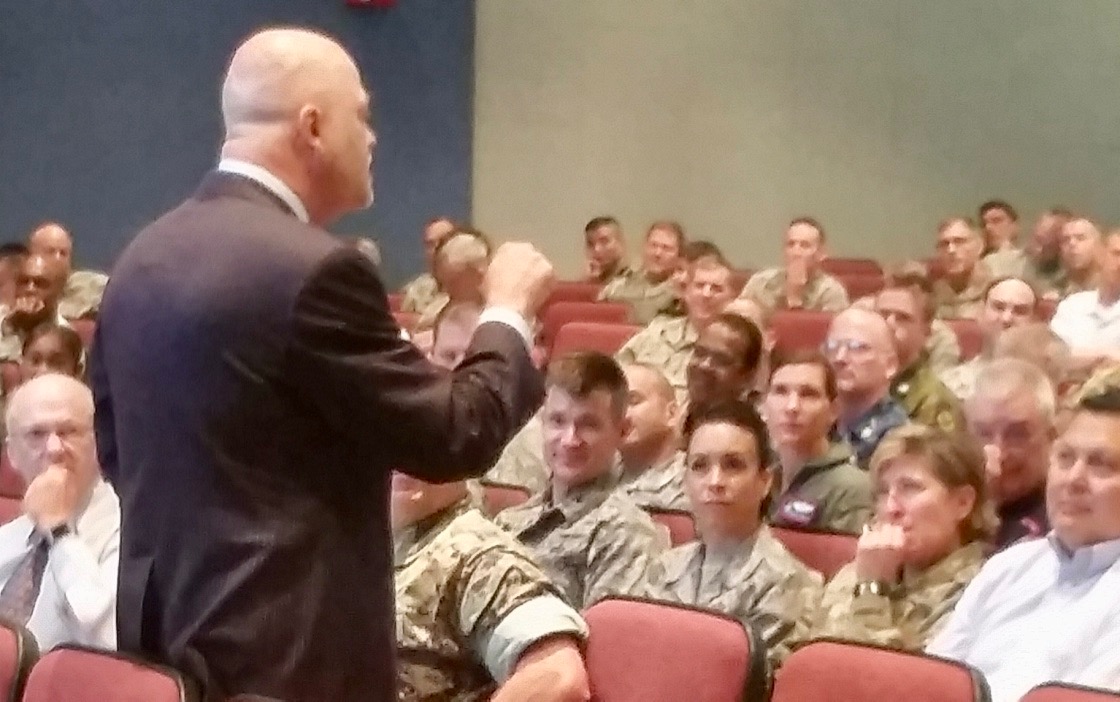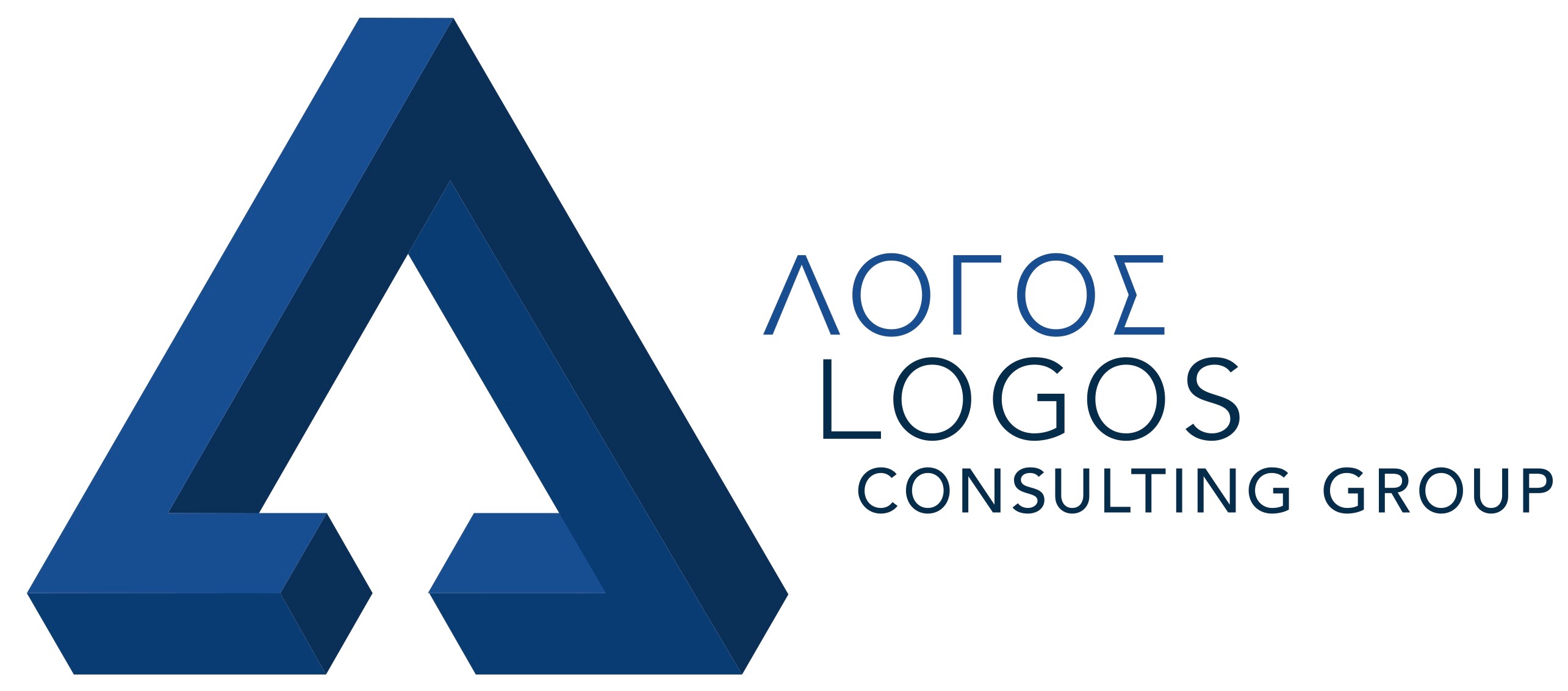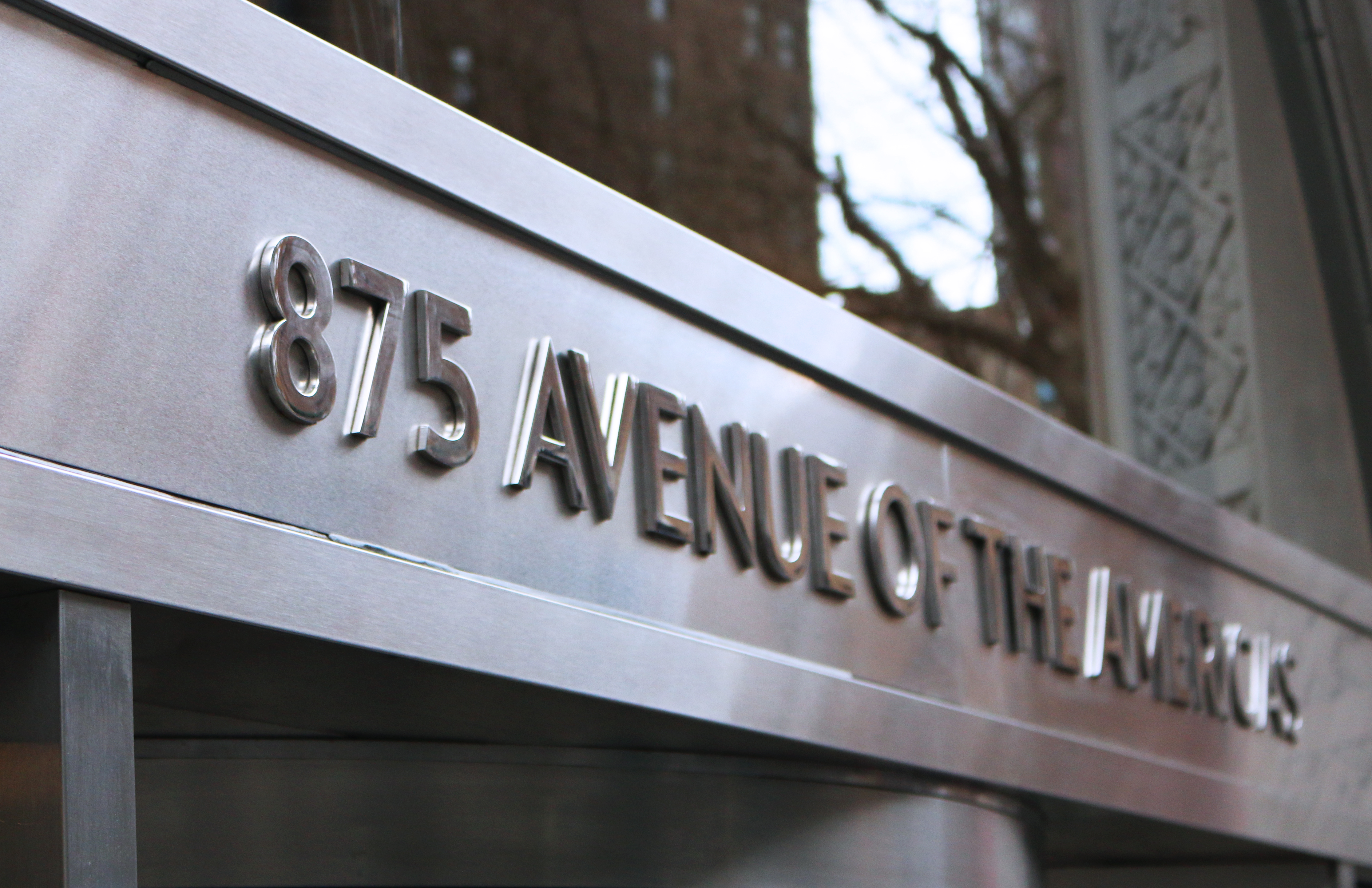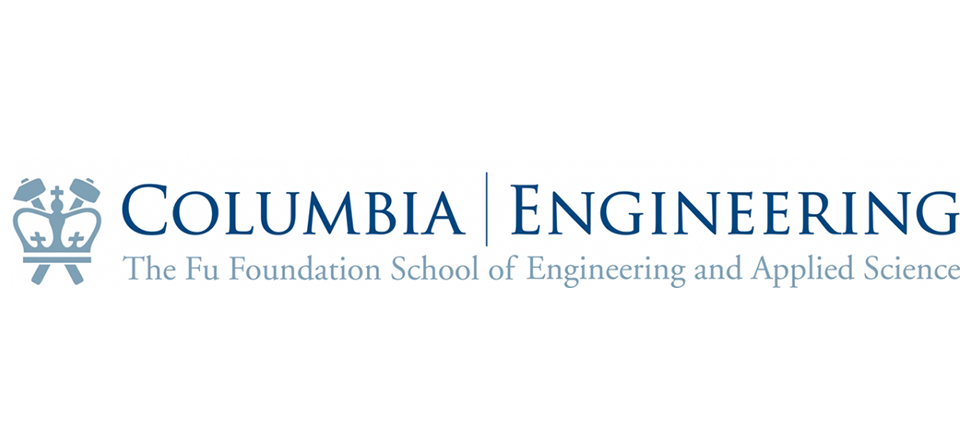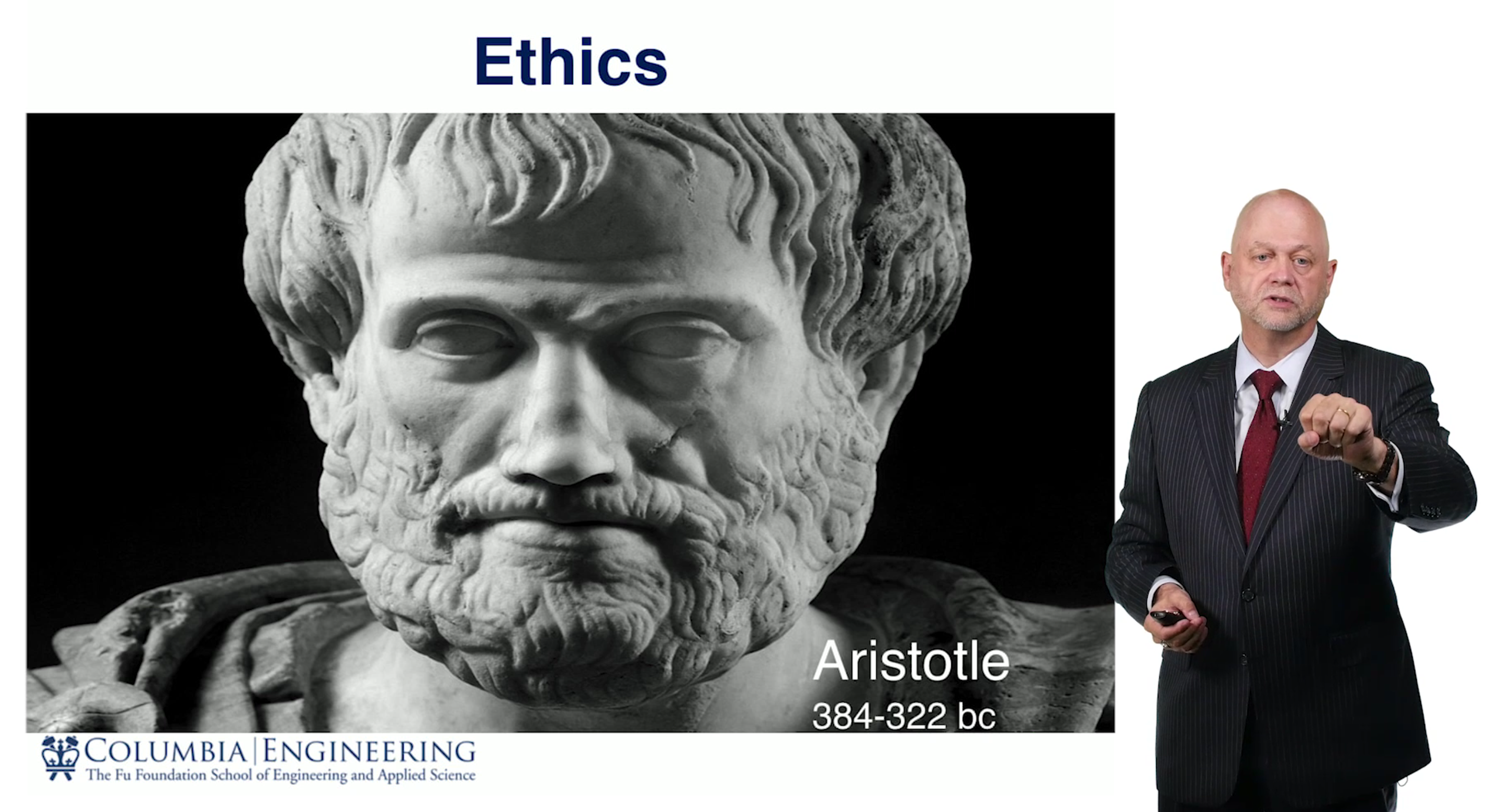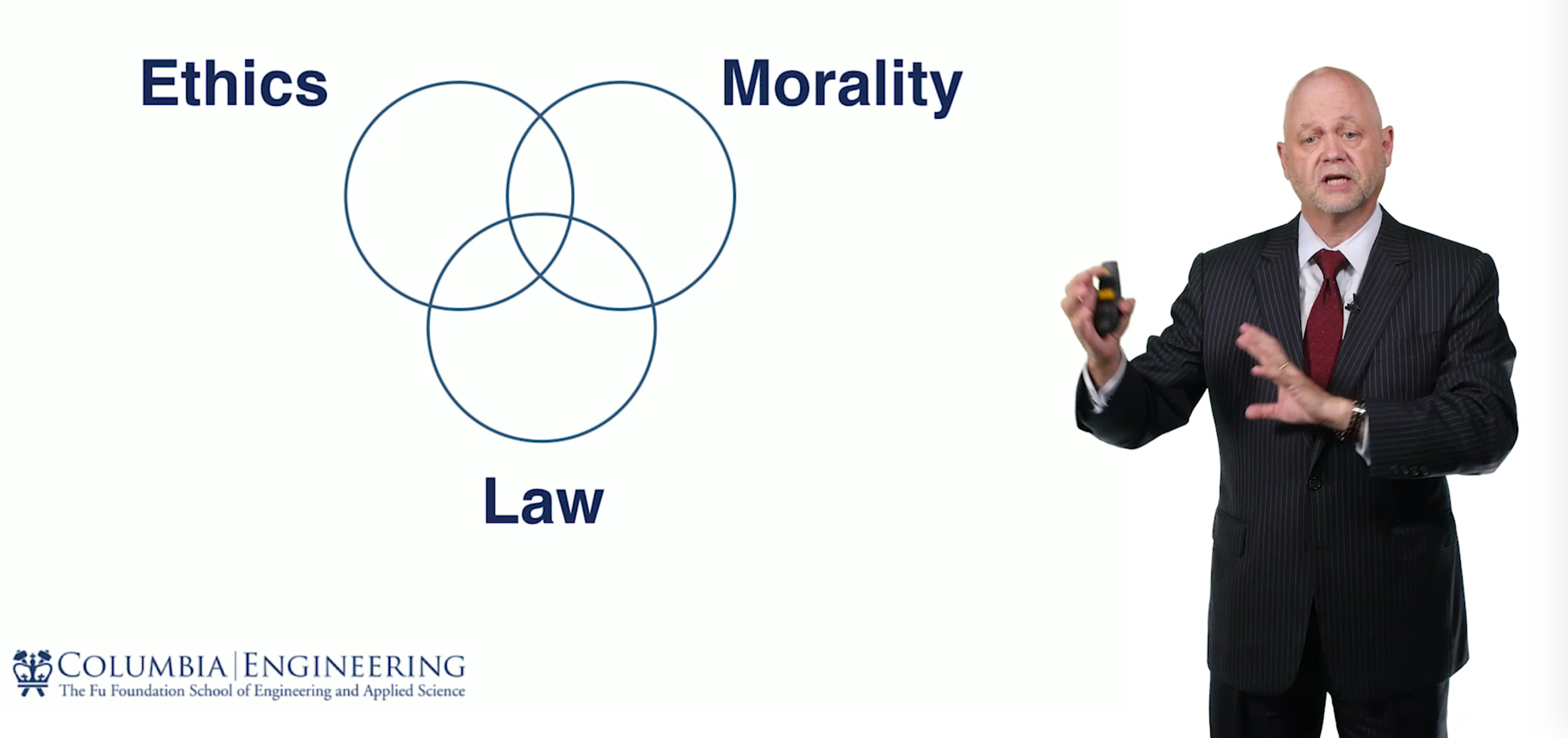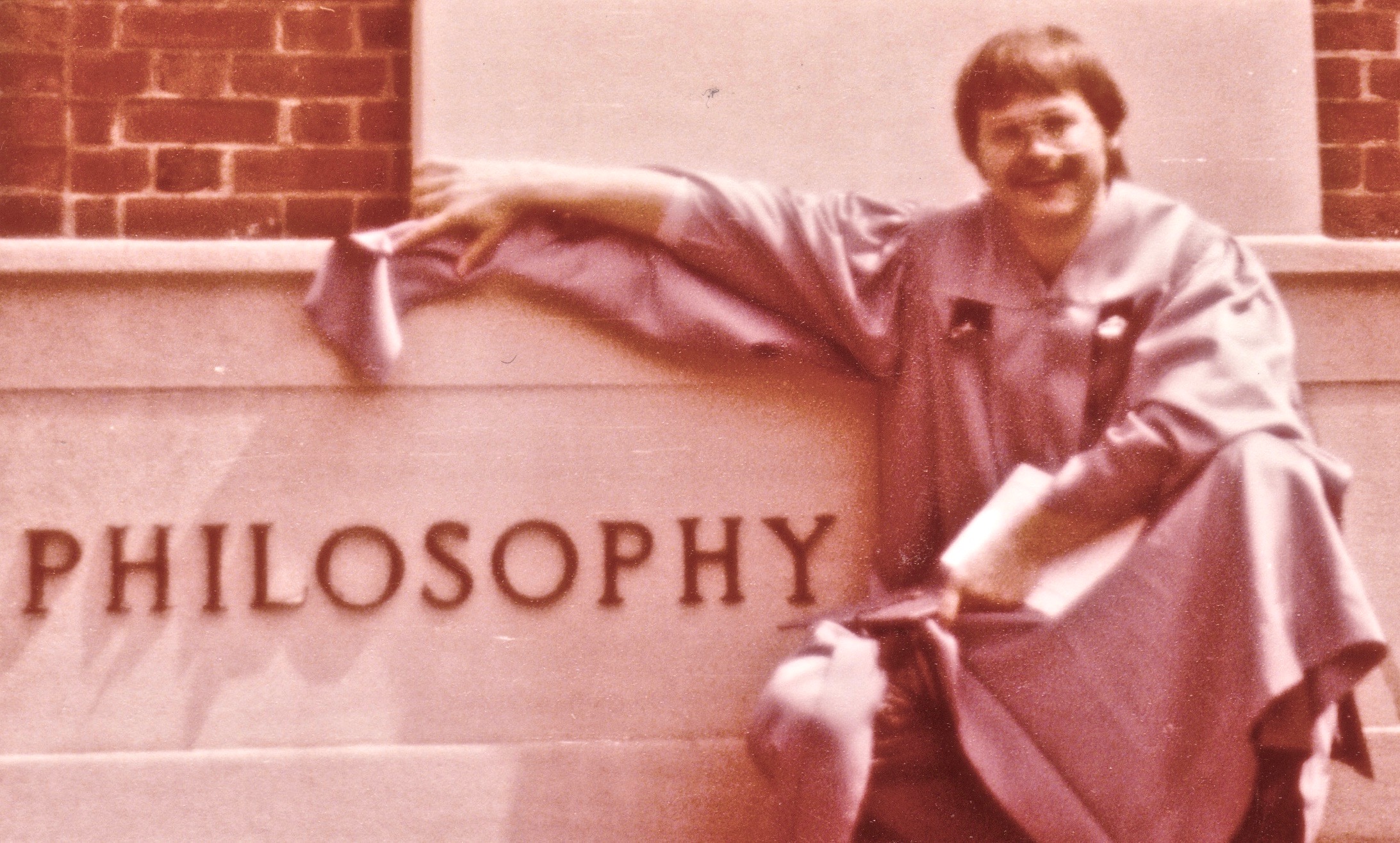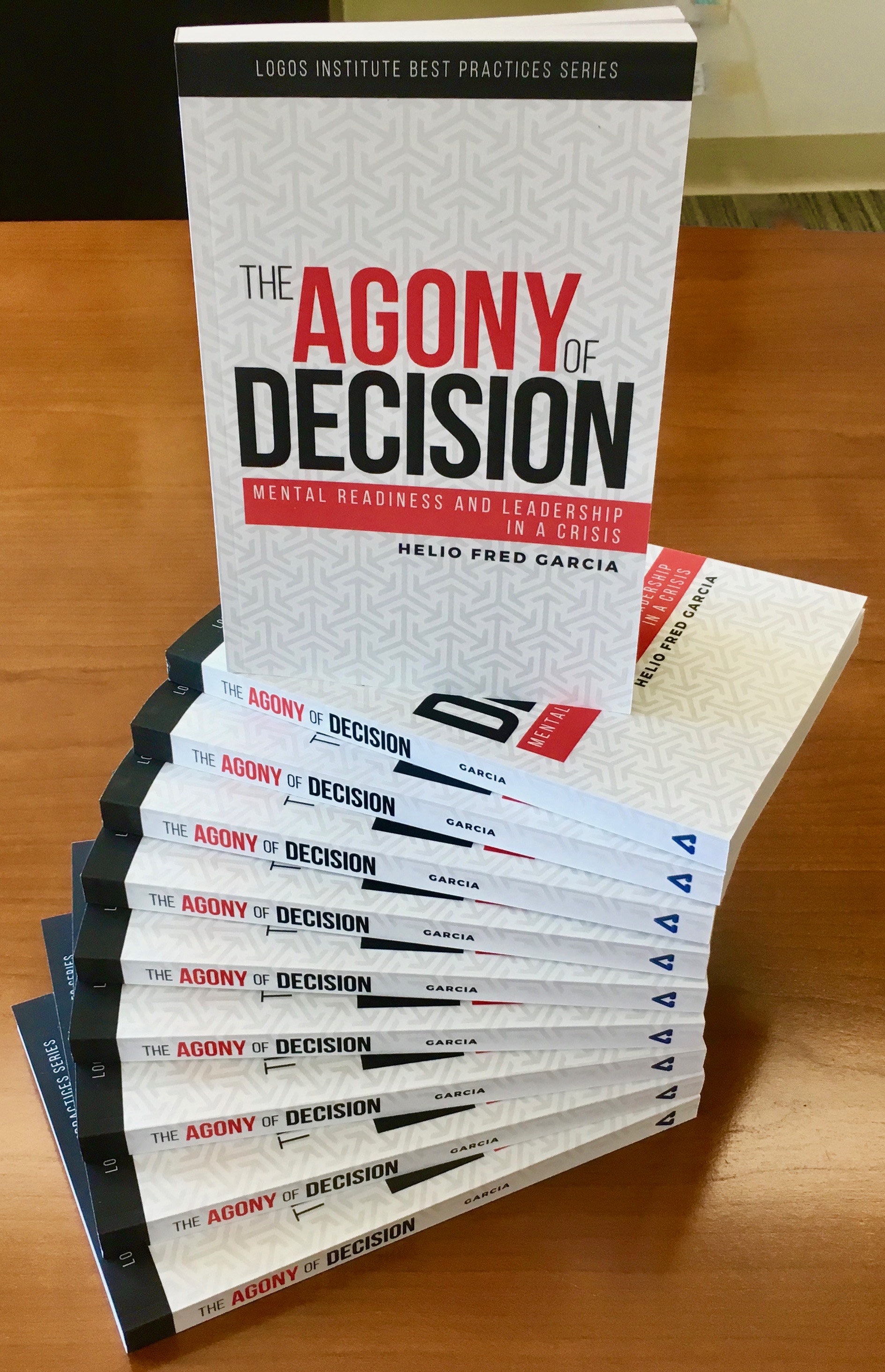All choices we make have consequences, no matter how big or small the choices are. And the deliberate and proactive management of choice is necessary for good leadership and crisis prevention. But when choices – no matter how seemingly inconsequential – are managed poorly, there can be grave consequences.
This was devastatingly the case on November 5, when a gunman named Devin Kelley entered a small church in Texas and massacred 26 parishioners, including a pregnant woman with her unborn baby, with an assault-style rifle. On November 6, the Air Force admitted that they failed to enter Kelley’s domestic violence court-martial into a federal database for firearms background checks, which would have prohibited him from buying guns.
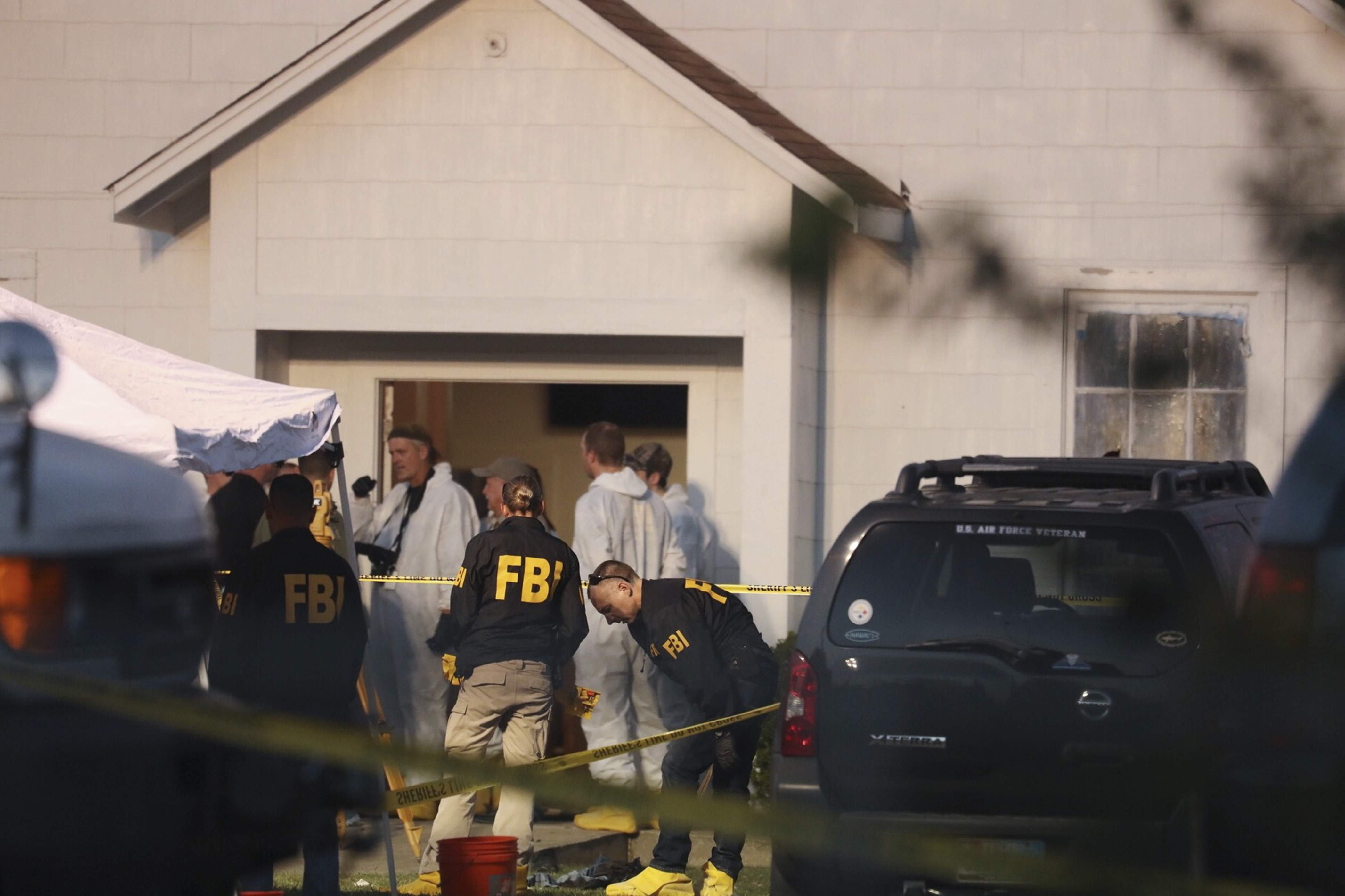
(Photo source: The New York Times)
In 2012, Kelley violently assaulted his wife and toddler stepson while serving in logistics readiness at Holloman Air Force Base in New Mexico. This charge, under federal law, should have stopped him from legally purchasing the rifle he used in the massacre. An initial Air Force statement issued after the shooting said, “Initial information indicates that Kelley’s domestic violence offense was not entered into the National Criminal Information Center database by the Holloman Air Force Base Office of Special Investigations.”
To it’s credit, The Air Force immediately launched an investigation looking into whether other convictions had been improperly left unreported to the federal database. It was discovered that the administrative oversight that allowed Devin Kelley to purchase a gun was not “an isolated incident.” Air Force officials said on November 26 that dozens of other Air Force service members convicted of serious crimes were never reported to the federal gun background-check database, and acknowledged in a statement, “Although policies and procedures requiring reporting were in place, training and compliance measures were lacking.”
This massacre had highlighted an administrative issue of the Air Force, a seemingly inconsequential data entry neglect with dire consequences. The issue escalated a crisis response within the Air Force. Within a month of the massacre, a family who lost eight family members in the church shooting has filed a wrongful-death claim against Secretary of the Air Force, alleging that the Air Force’s negligence allowed the gunman to purchase firearms and “directly caused this horrific tragedy.” While the Air Force did not commit the tragic shootings, it may be liable as an indirect player.
This is not the first time an “indirect player” in a crisis has been accused of culpability. When the Deepwater Horizon drilling rig exploded and poured oil into the Gulf of Mexico, the then-CEO of BP Tony Hayward responded by saying “this was not our drilling rig… this was not our equipment.” Despite his efforts to cast the blame to Transocean, the owner of the rig, we now know that it was BP’s series of deliberate neglect to safety warnings and skimping on materials that created all the conditions to ultimately lead to the explosion. As the entity licensed to operate the rig, BP failed to meet its legal obligation of assuring its ability to contain a worse-case discharge of oil in the ocean.

(Tony Hayward, photo source: Getty)
The pattern here is that this type of crisis is mostly caused by the third party’s incremental, tiny negligence and mistakes. In contrast to regular two-party crises with a clear causality, such as Wells Fargo’s customer fraud, in the breakout of this type of crisis, the third party is completely caught off guard and unprepared, because it never occurred to them that their trivial missteps would one day center them in a huge crisis and the stakes are this high. The seemingly tiny, innocuous negligence of failing to enter the crimes into the database has, as in the Texas massacre, left the gun background checks impaired, and, consequently, granted Kelley the deadliest means of taking innocent lives.
The danger of committing small errors lies in the mentality that they do not matter. Due to that mentality, people commit even more small mistakes or repeat the old ones again and again. At the same time, those minor mistakes layer on top of each other and, finally, they fall, like the unstoppable dominoes. Unfortunately, in the world of crises, there’s no such thing as tiny mistakes; every detail counts.
With regard to crisis prevention, leaders would be better served simply by thinking about the potential significant consequences small things can lead to. Only in this way, can they hold each one of their choice accountable, no matter how insignificant it might seem.





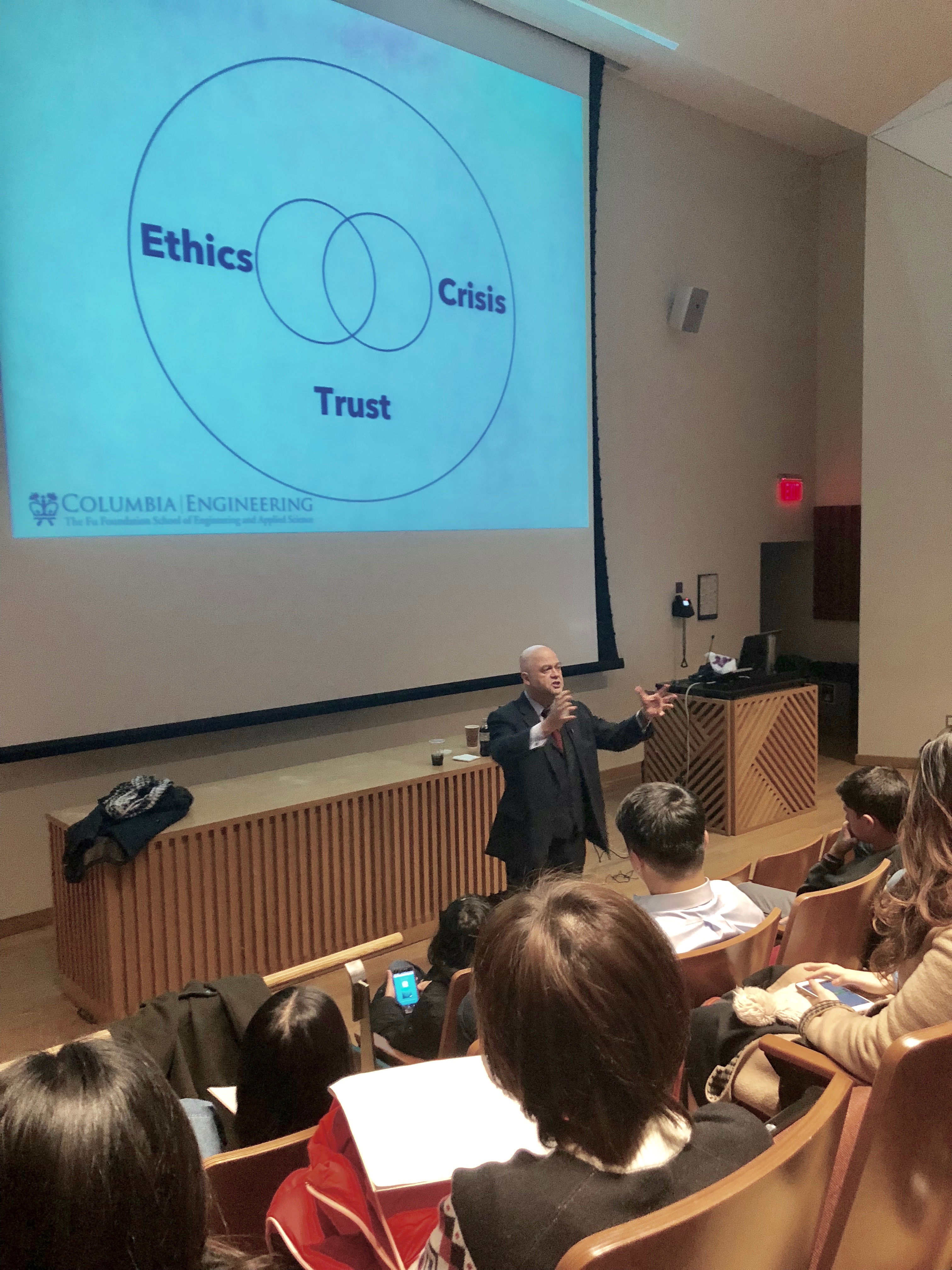
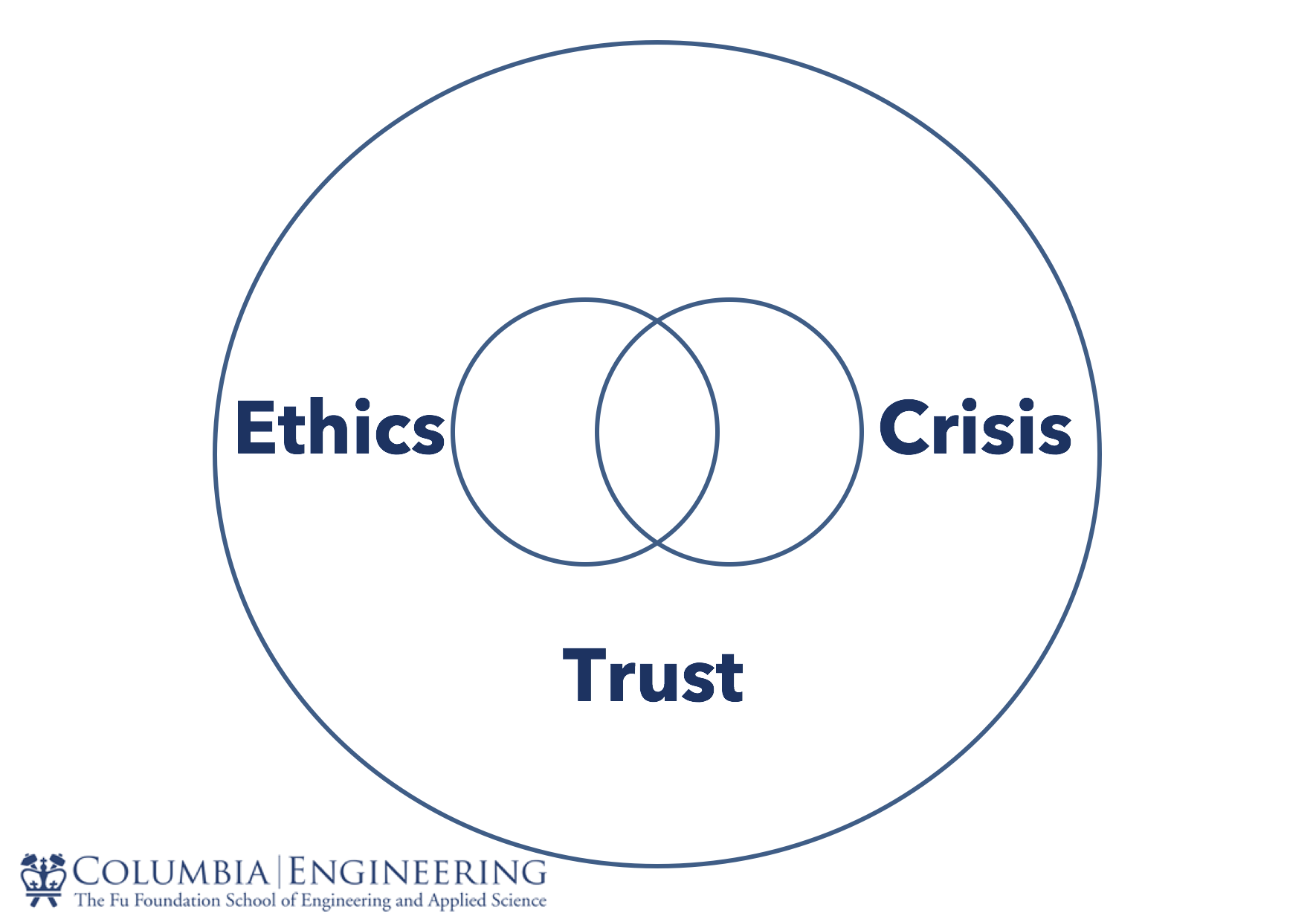

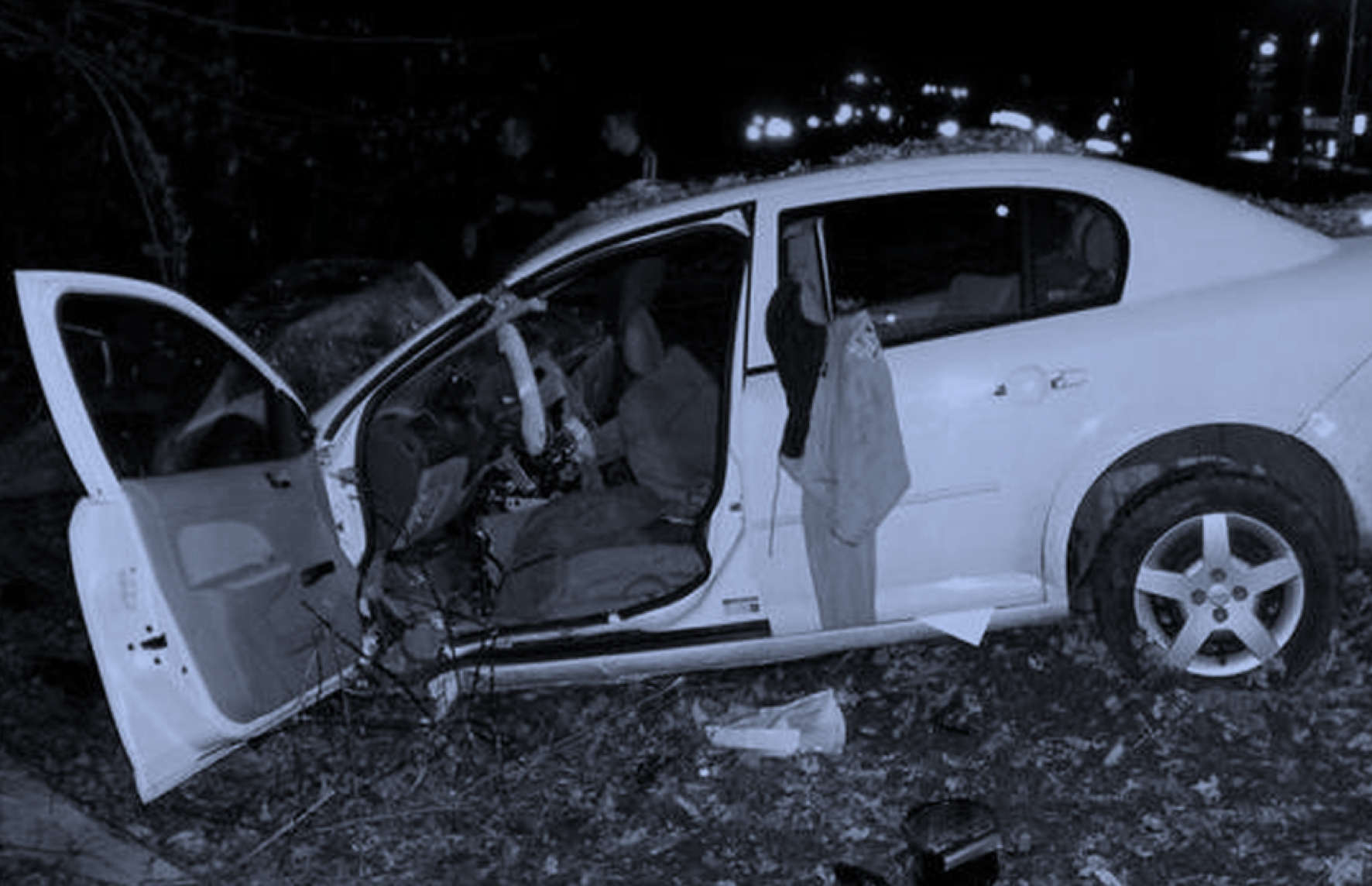
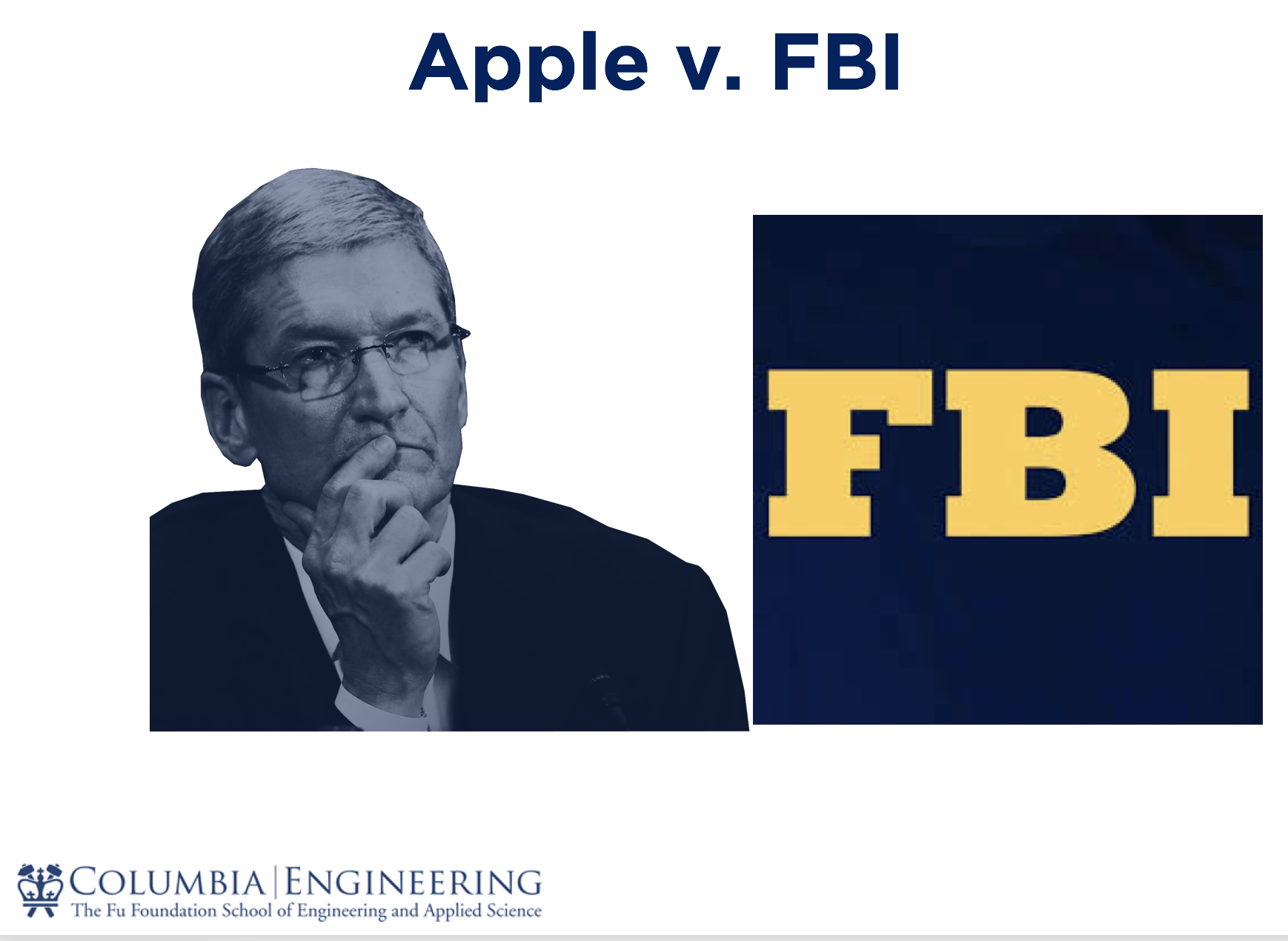
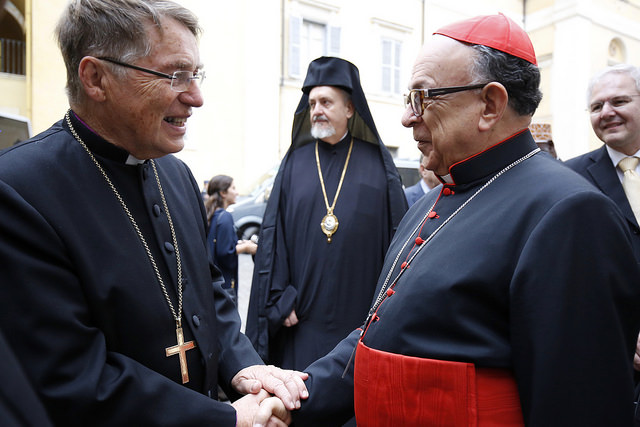
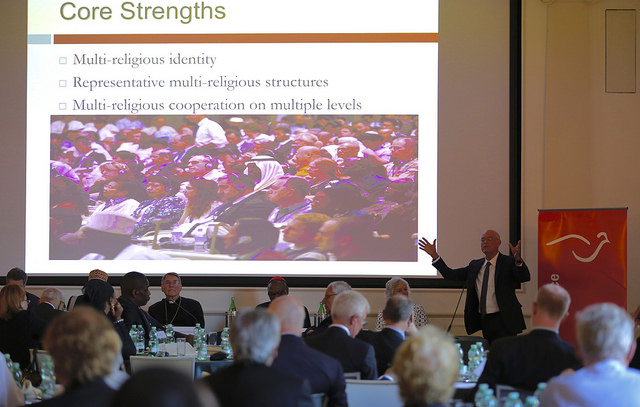
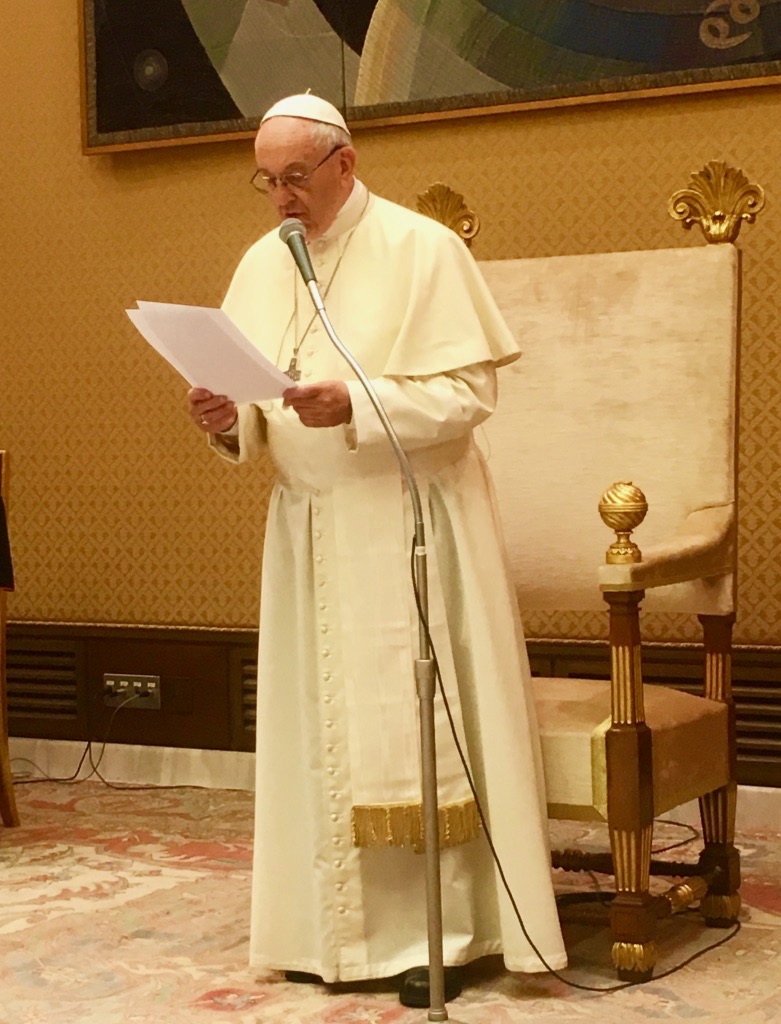
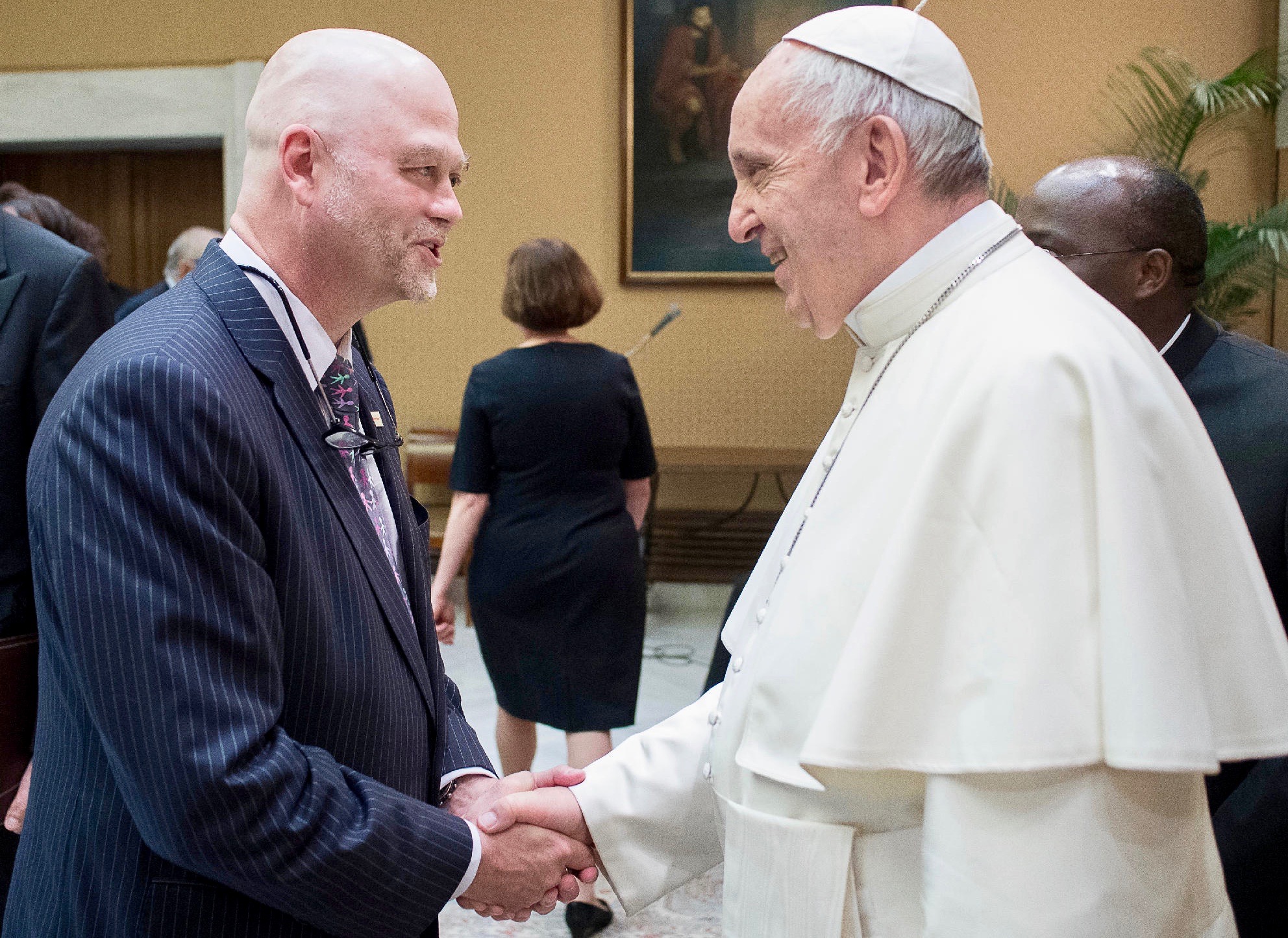
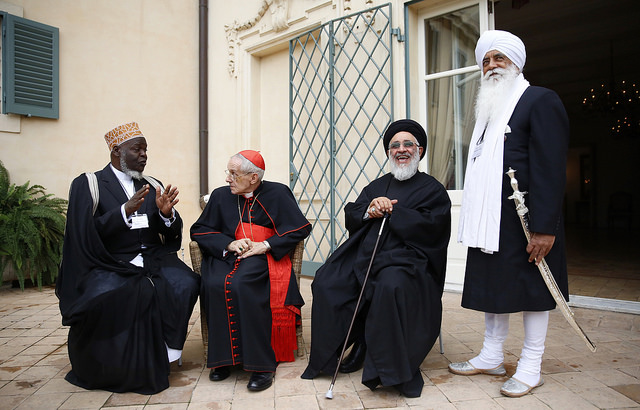
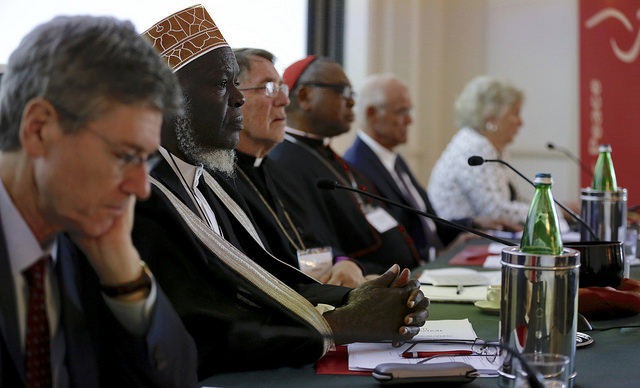
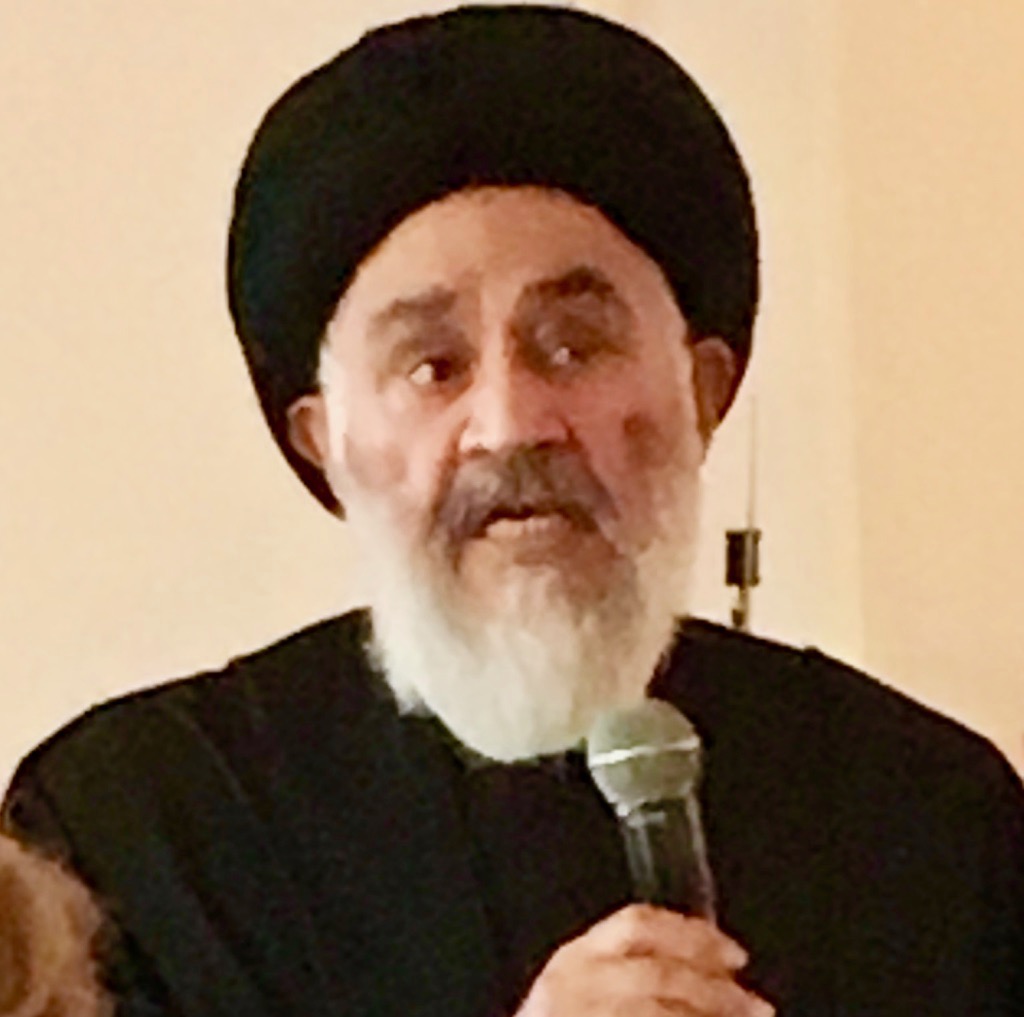
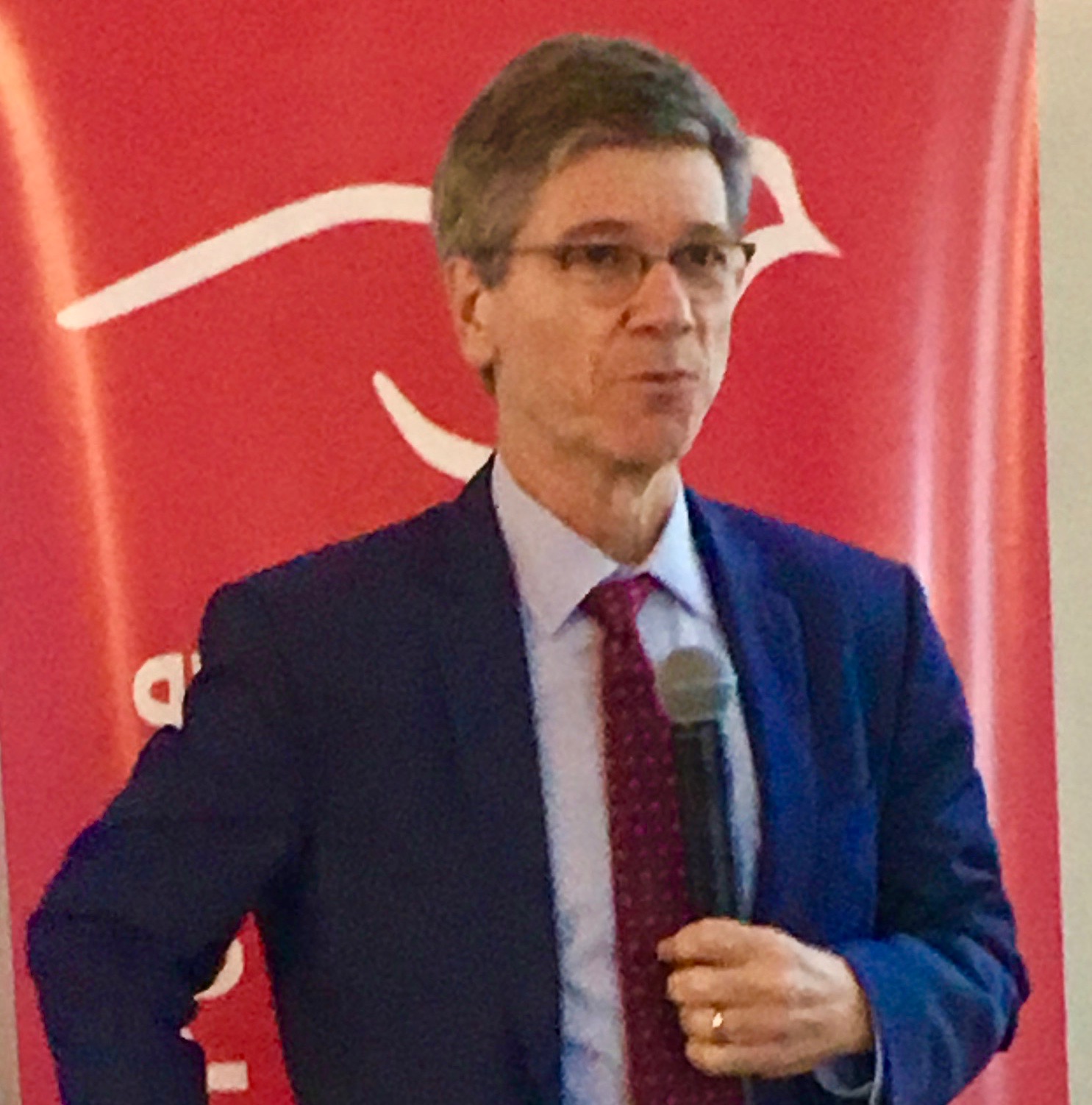
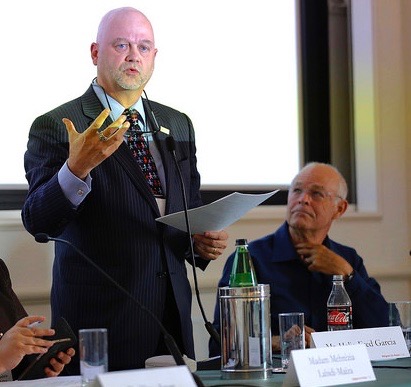



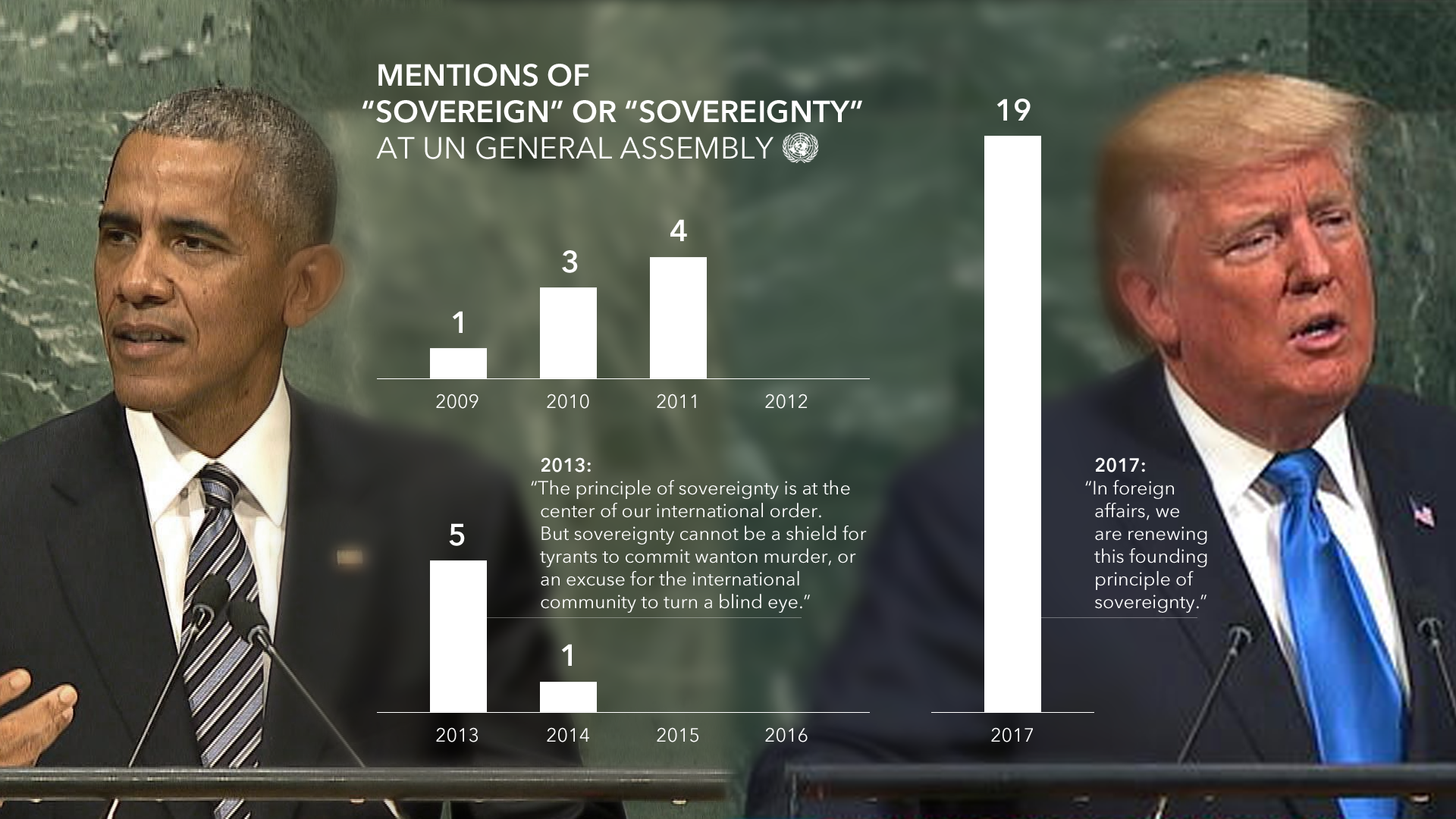
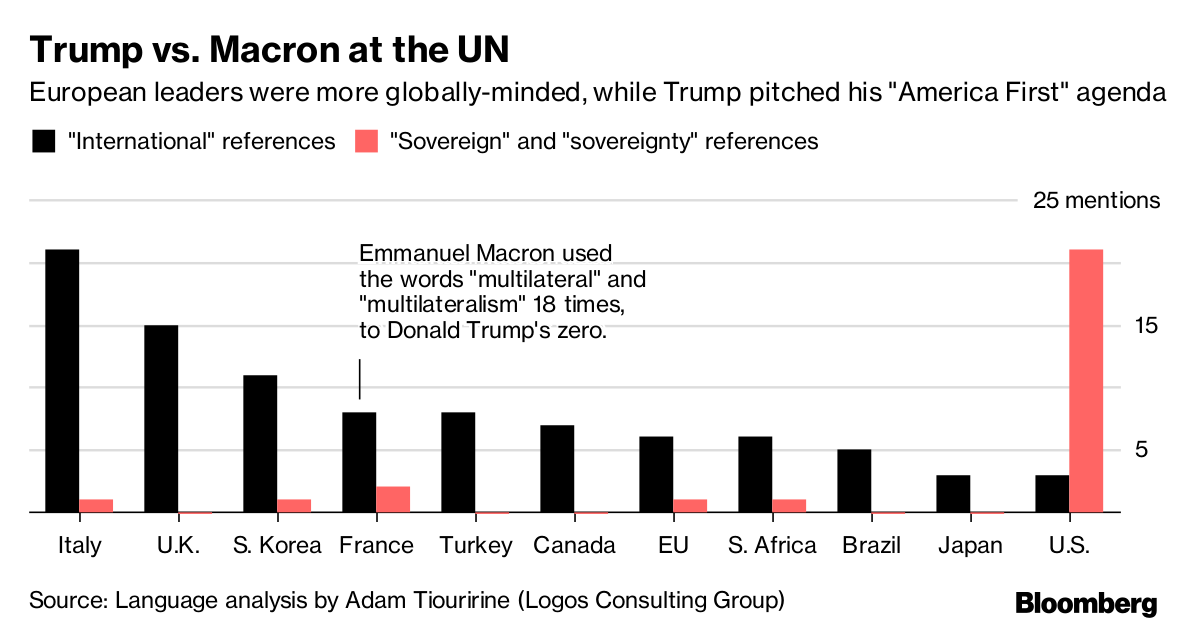
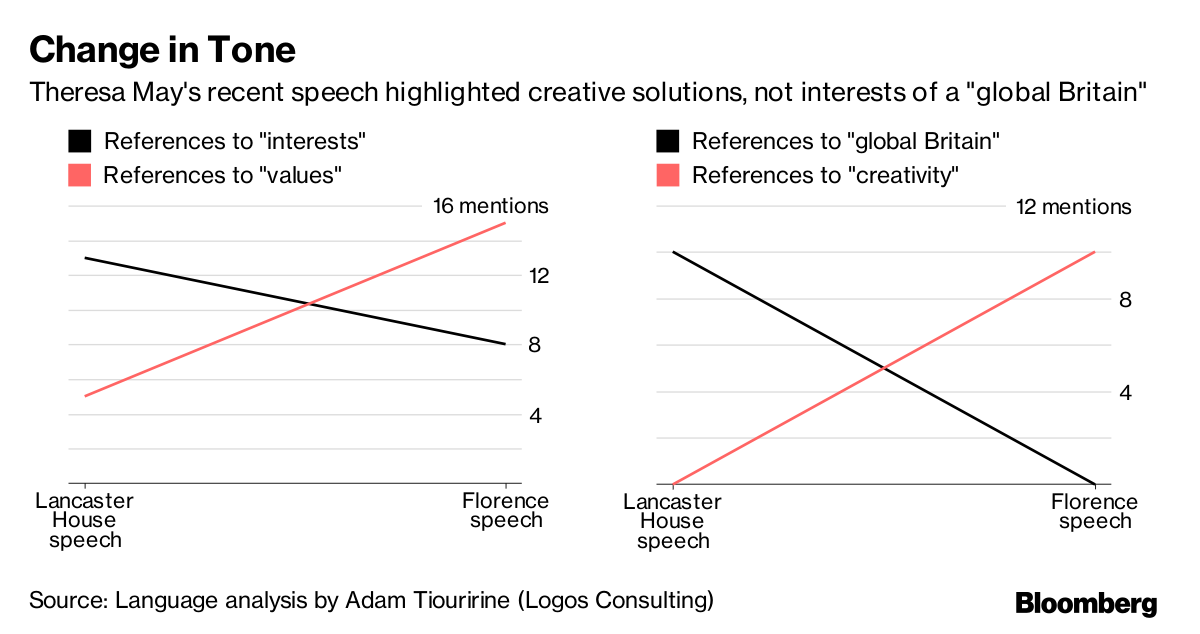
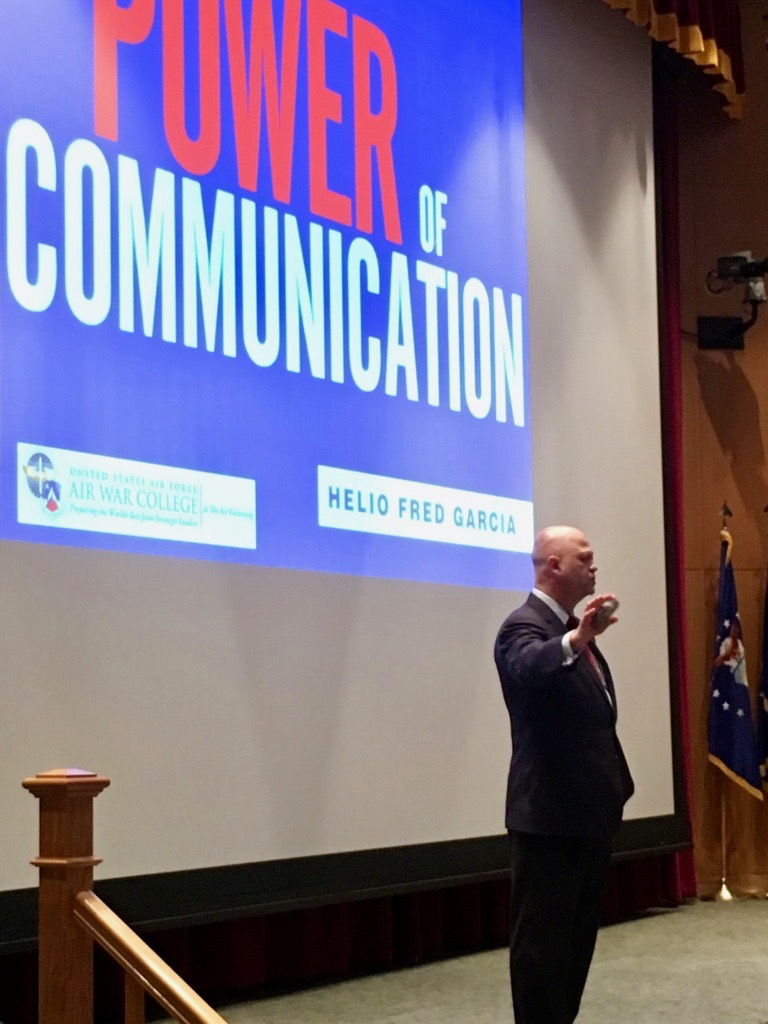 (Fred teaching)
(Fred teaching)
